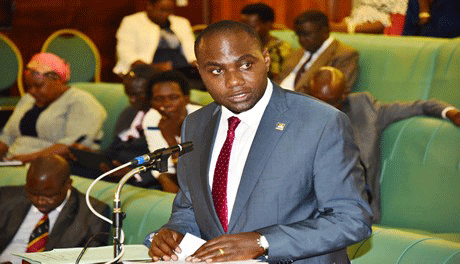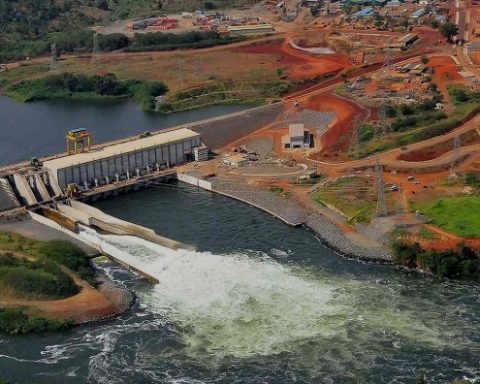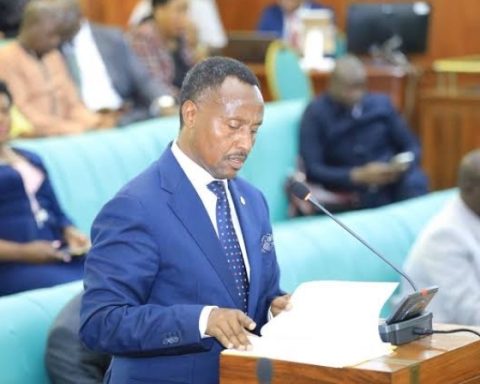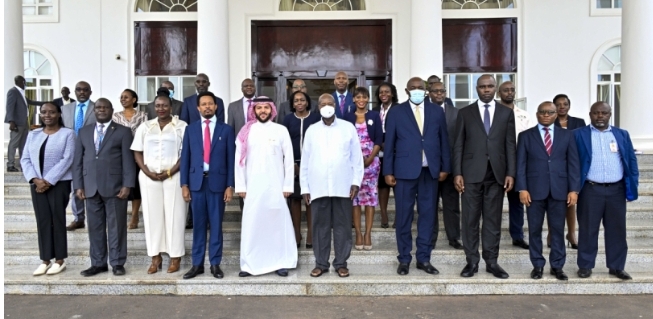Recently, Uganda’s Parliament approved two loans totaling UGX325.117 billion to support the construction of critical road infrastructure, including the Laropi-Moyo-Afoji and Namagumba-Budadiri-Nalugugu roads. Despite receiving the green light, the decision sparked debates over escalating costs and project management inefficiencies.
The financing comprises a US$15.222 million (UGX56.001 billion) loan from the African Development Bank and a US$73.15 million (UGX269.115 billion) facility from the African Development Fund. Henry Musasizi, the Minister of State for Finance, presented the proposal, emphasizing the roads’ importance in enhancing regional connectivity and economic development.
During the debate, the Chairperson of Parliament’s Committee on National Economy, John Bosco Ikojo, expressed unease over a 40% cost hike in the project budget. Initially estimated at US$263.54 million (UGX969.55 billion), the budget now stands at US$368.831 million (UGX1.356 trillion).
Ikojo noted specific issues such as land acquisition expenses rising from US$19.121 million to US$36.87 million a 93% increase despite no changes in the project’s scope. He also pointed out discrepancies in the Namagumba-Budadiri-Nalugugu road, which saw its length extended from 29km to 39km without prior parliamentary approval. Delays, design flaws, and inefficiencies in procurement were blamed for the mounting costs.
Concerns were also raised about the December 2024 restructuring of the Uganda National Roads Authority (UNRA), which was dissolved and its responsibilities transferred to the Ministry of Works and Transport. Legislators questioned the Ministry’s capacity to manage large-scale road projects, citing past challenges with similar institutional mergers, such as the incorporation of the Rural Electrification Agency into the Ministry of Energy.
A minority report by MP Hassan Kirumira (Katikamu South) opposed the loan approval. Kirumira criticized the committee’s failure to conduct on-ground inspections to verify the usage of previous funds, arguing that granting additional resources without clear accountability posed a risk of mismanagement.
“There’s no evidence to confirm how the earlier funds were utilized. Rushing to approve this loan without clarity is a disservice to taxpayers,” Kirumira stated.
The loans are expected to increase Uganda’s external debt by US$252.83 million, pushing the country’s total public debt to US$25.55 billion (UGX94.706 trillion) as of June 2024. This marks a 9.17% rise from the previous year. While Uganda is still categorized as having a moderate debt risk, experts cautioned that further economic instability could jeopardize debt sustainability.
Despite reservations, the Committee on National Economy highlighted the need to complete critical infrastructure projects to support economic growth. The approved loans are expected to expedite the construction of the two roads, which are considered vital for trade and access to social services in the affected regions.
The government now faces the challenge of addressing cost overruns and ensuring transparent project implementation as it navigates increasing scrutiny over public debt levels.
![]()




























